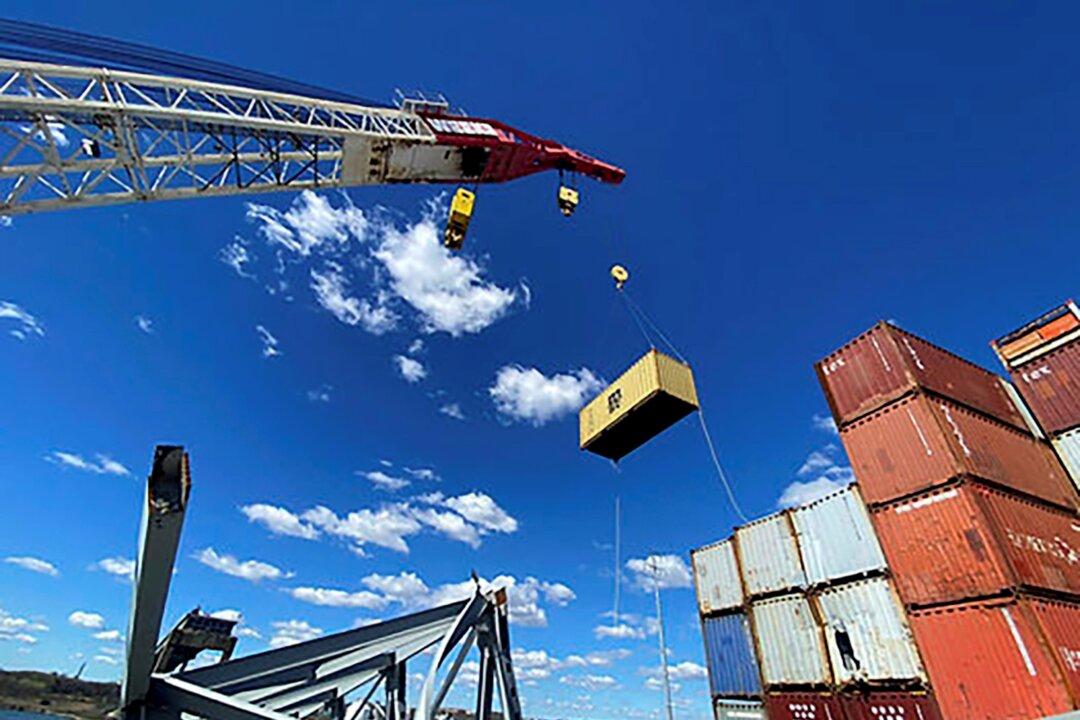Maryland’s congressional delegation’s proposed bill authorizing the federal government to waive emergency cost-share statutes to fully fund rebuilding Baltimore’s Francis Scott Key Bridge is raising concerns about increasing demands on decreasing resources in the nation’s emergency reserve funds.
U.S. Sens. Chris Van Hollen (D-Md.) and Ben Cardin (D-Md.) on April 11 formally submitted Senate Bill 4114, the ‘Baltimore Bridge Response Invests and Delivers Global Economic Relief Act,’ or ‘Baltimore BRIDGE Act,’ to pay the entire cost for the reconstruction of Key Bridge, which collapsed after being struck by a container ship on March 26. The incident killed six and resulted in the closing of one of the East Coast’s busiest ports.





